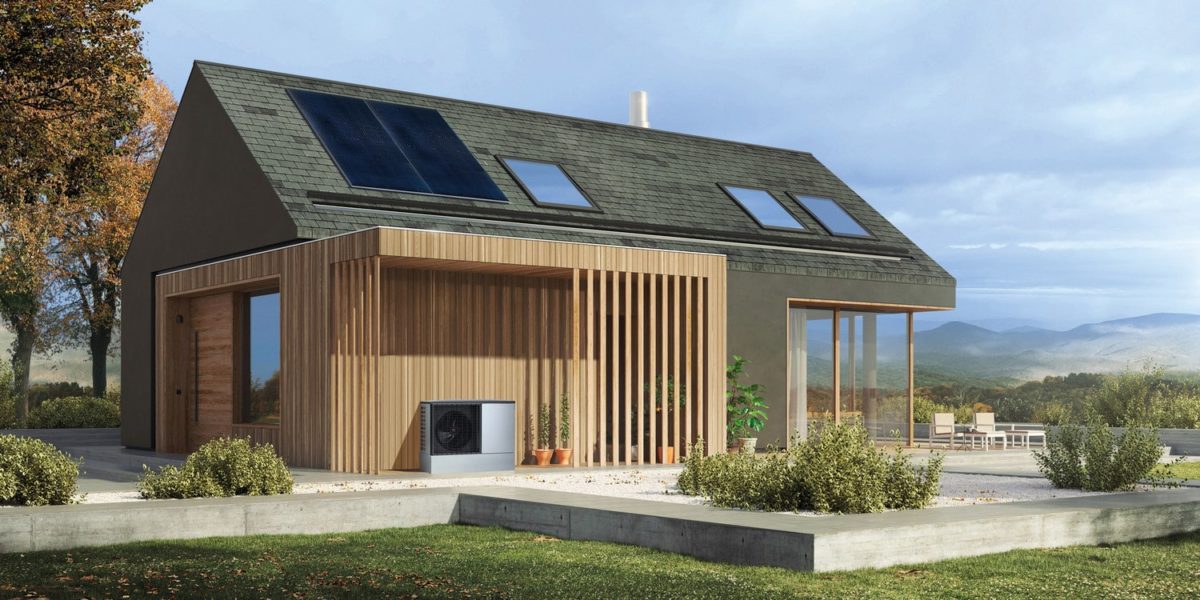The government of Ireland plans to introduce a mandatory quota for renewable energy in the heat sector by 2024. However, the authorities have yet to decide whether the obligation will require fossil fuel heat producers to introduce their own quotas for renewables, or force them to comply with a minimum percentage mandated by the state.
“The department is not currently in a position to confirm specific aspects of the scheme regarding mandatory obligations and renewable quotas, as these details are yet to be finalized,” a spokesperson for Ireland's Department of the Environment, Climate and Communications told pv magazine.
In 2021, renewable energy supplied power for 6.8% of Ireland’s heat sector, compared to a European Union average of 22%, according to a statement by the Irish government.
“The obligation will further incentivize suppliers of all fuels in the heat sector to ensure that a certain proportion of the energy supplied is renewable,” said the department.
The government has already started developing different options to structure the scheme. It expects to hold a technical consultation about the final design of the scheme in the first quarter of 2023.
Popular content
“This process will include examination of proposed obligation rates, scalability, and costs to the consumer,” it said.
Electricity plays a key role in all of the scenarios proposed by the National Heat Study, which was recently published by SEAI. The analysis shows that heat pumps will supply 12% to 20% of heating demand in 2030 and 33% to 38% in 2050. The model considers the use of solar in combination with air source heat pumps. Solar thermal is seen as a supplement to hydrogen and biomethane boilers.
pv magazine print edition
The next print edition of pv magazine – due out on December 6 – will visit Ukraine to examine the extent of damage caused to the nation’s energy infrastructure, including its solar plants, and we will include coverage of how PV has been affected in the newly-liberated region of Kherson.
Heat pumps are considered technically suitable for 78% of existing residential buildings, 66% of commercial buildings, and 47% of public buildings, assuming that they do not undergo energy efficiency improvements. If they do, the rates increase to 82%, 97%, and 98%, respectively.
This content is protected by copyright and may not be reused. If you want to cooperate with us and would like to reuse some of our content, please contact: editors@pv-magazine.com.


3 comments
By submitting this form you agree to pv magazine using your data for the purposes of publishing your comment.
Your personal data will only be disclosed or otherwise transmitted to third parties for the purposes of spam filtering or if this is necessary for technical maintenance of the website. Any other transfer to third parties will not take place unless this is justified on the basis of applicable data protection regulations or if pv magazine is legally obliged to do so.
You may revoke this consent at any time with effect for the future, in which case your personal data will be deleted immediately. Otherwise, your data will be deleted if pv magazine has processed your request or the purpose of data storage is fulfilled.
Further information on data privacy can be found in our Data Protection Policy.